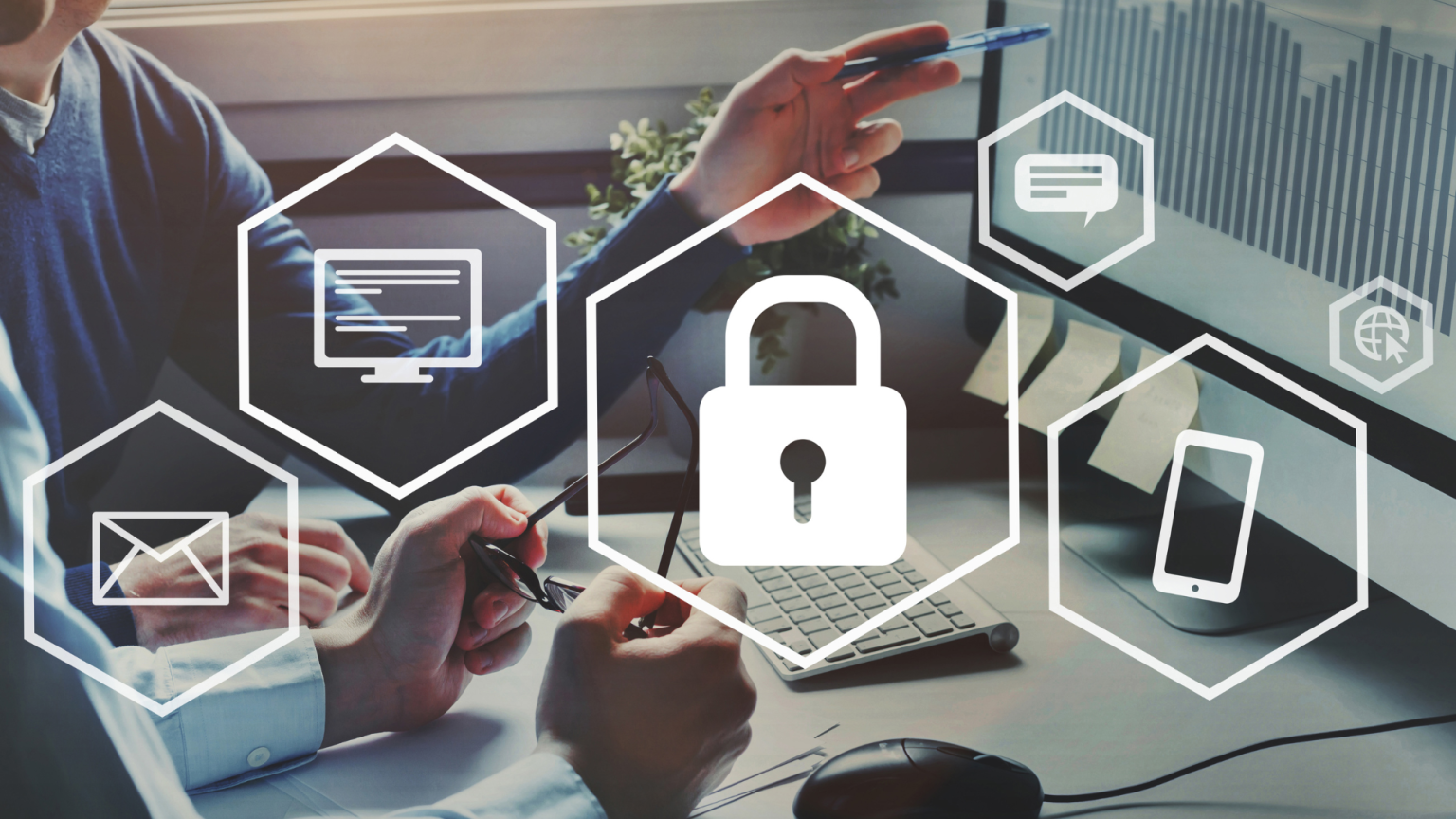Cyber Essentials in the UK: Why it's Needed?

In an increasingly interconnected and digital world, cybersecurity has become a critical aspect of our daily lives. From protecting personal data to safeguarding national security, the importance of robust cyber measures cannot be overstated. The United Kingdom, like many other nations, is recognizing the vital role of cyber essentials in maintaining a safe and secure digital environment.

The Growing Digital Landscape
The United Kingdom is home to a thriving digital economy. With the rise of online transactions, cloud computing, and the Internet of Things (IoT), the digital landscape is expanding at an unprecedented rate. This growth brings significant advantages, but it also exposes individuals, businesses, and government entities to new and evolving threats. Cyberattacks can result in financial losses, data breaches, and even threaten national security. Recognizing these risks, the UK government has taken proactive steps to address cybersecurity concerns.
The UK Government’s Commitment to Cybersecurity
The UK government has made cybersecurity a top priority. The National Cyber Security Centre (NCSC) was established to provide expertise and guidance on cybersecurity matters. This center not only assists government agencies but also offers resources and advice to businesses and individuals. It is a key player in promoting the adoption of cyber essentials in the UK.
Protecting Sensitive Data
One of the primary reasons why cyber essentials are needed in the UK is the need to protect sensitive data. In the digital age, information is a valuable commodity, and many individuals and organizations store vast amounts of confidential data online. This includes personal details, financial information, and proprietary business data. Cyberattacks aimed at stealing this data can lead to identity theft, financial fraud, and even corporate espionage. Implementing strong cybersecurity measures is essential to safeguard such information.
Preventing Disruption and Downtime
Cyberattacks can disrupt essential services and lead to significant downtime for businesses. For example, Distributed Denial of Service (DDoS) attacks can overwhelm websites, making them inaccessible to users. Ransomware attacks can encrypt critical files and demand a ransom for their release. By having robust cybersecurity essentials in place, the UK can mitigate the risk of such attacks and ensure the continuous operation of essential services.
Economic Implications
Cybersecurity essentials in the UK have a direct impact on the economy. Cyberattacks can result in significant financial losses, not only for affected businesses but also for the economy as a whole. When companies experience breaches, they often face lawsuits, regulatory fines, and damage to their reputation. The cost of recovery and compensation can be substantial. The UK government recognizes that a strong cybersecurity framework is necessary to protect the economy from these potential threats.
National Security
In addition to personal and economic reasons, national security is a compelling factor driving the need for cybersecurity essentials in the UK. State-sponsored cyberattacks or attacks from hostile entities can target critical infrastructure, government systems, and defense networks. Cybersecurity measures are essential to safeguard against these threats and protect the nation’s security interests.
The Human Element
It’s essential to acknowledge that cybersecurity is not just about technology but also the human element. Educating individuals and organizations on cybersecurity best practices is a crucial component of a comprehensive strategy. This includes teaching people to recognize phishing attempts, use strong passwords, and keep their systems updated. The UK’s cybersecurity efforts encompass both technology and education to build a resilient digital society.
Conclusion
Cybersecurity essentials in the UK are not merely an option; they are a necessity. The digital landscape continues to expand, making us more vulnerable to cyber threats than ever before. The UK government, along with various cybersecurity organizations, is committed to protecting sensitive data, preventing disruption and downtime, securing the economy, and defending national security. In an era where the digital realm plays an integral role in our lives, the adoption of robust cybersecurity measures is a crucial step toward a safer and more secure future.